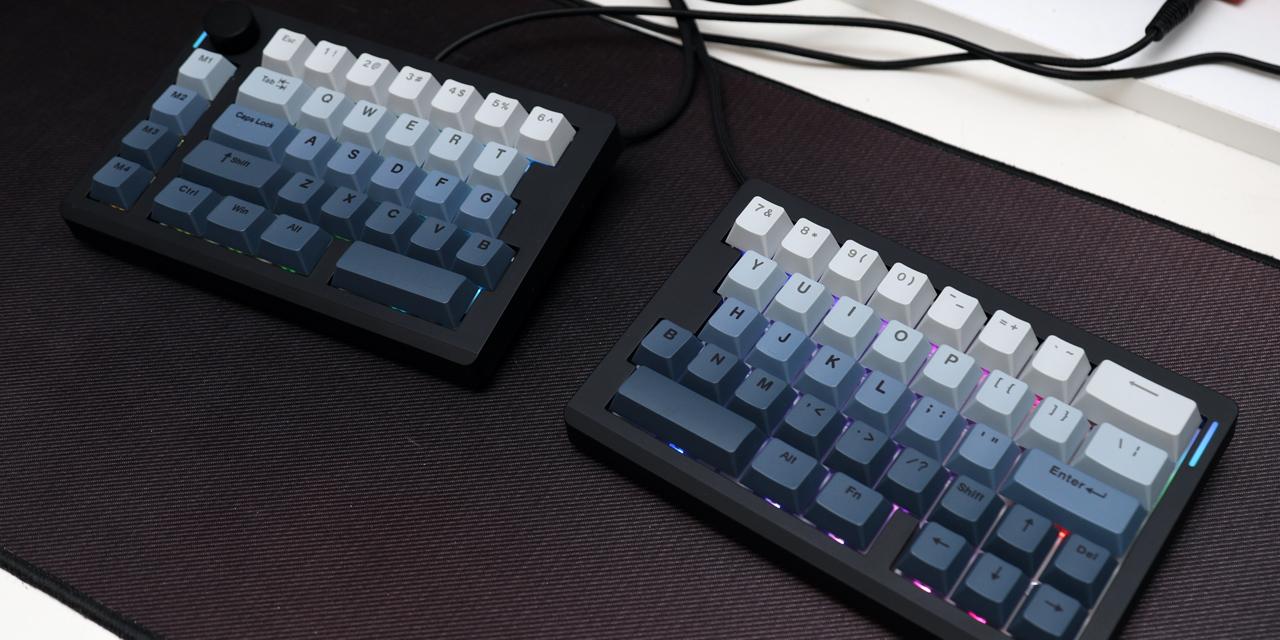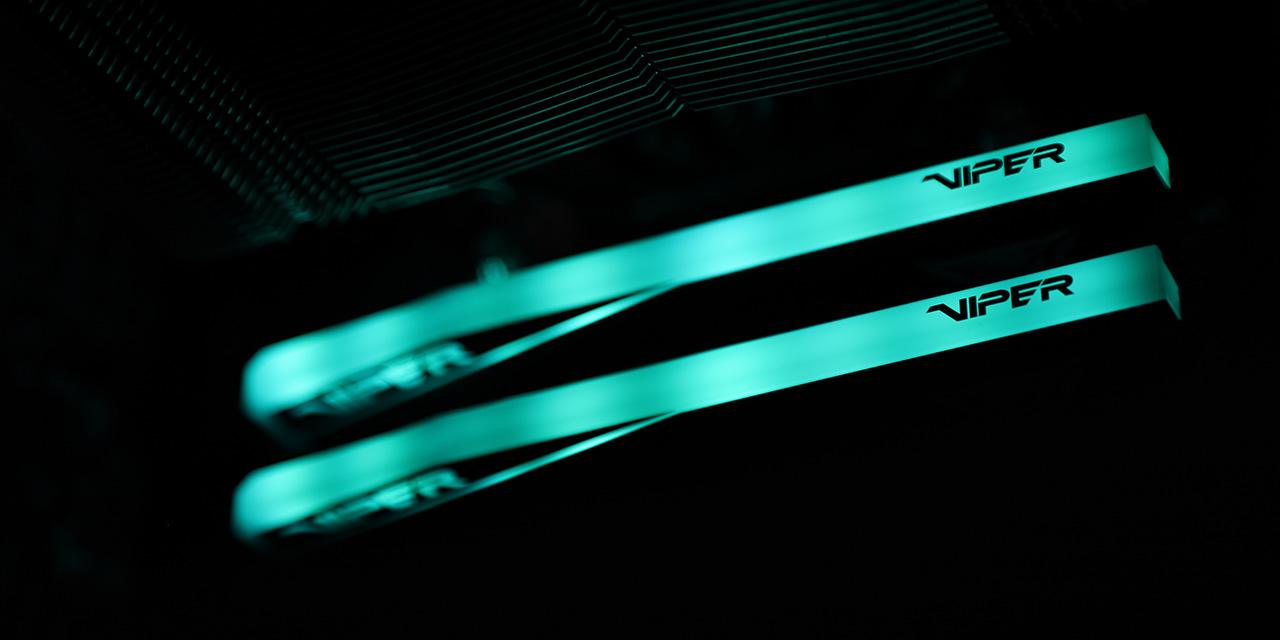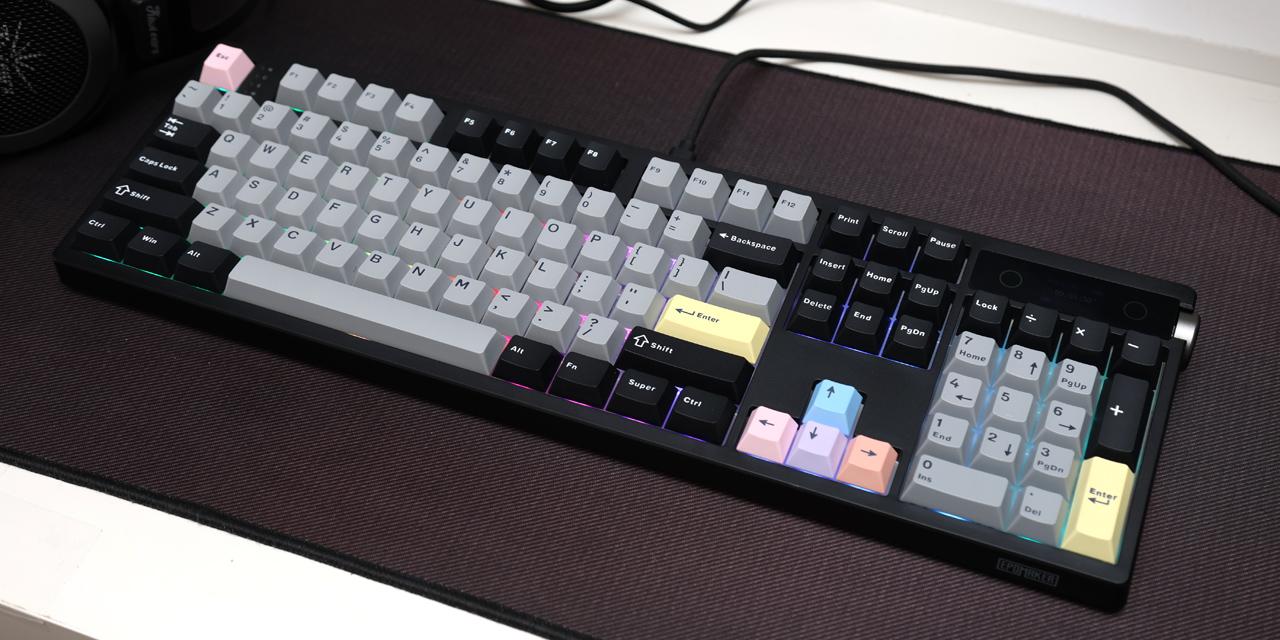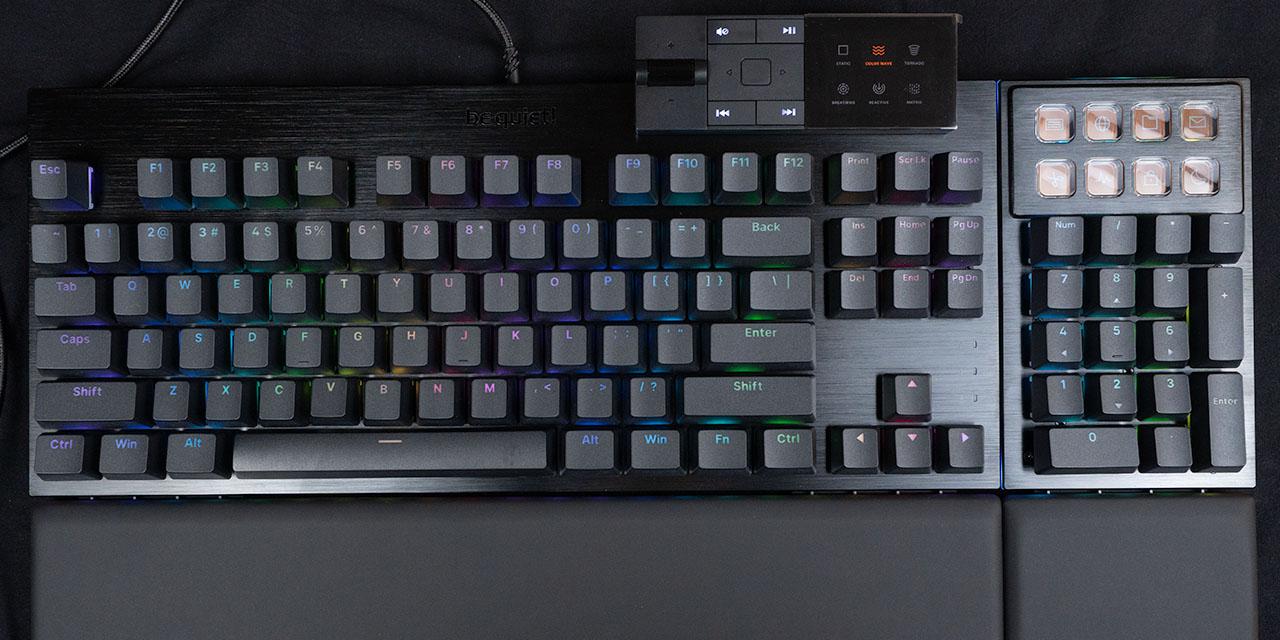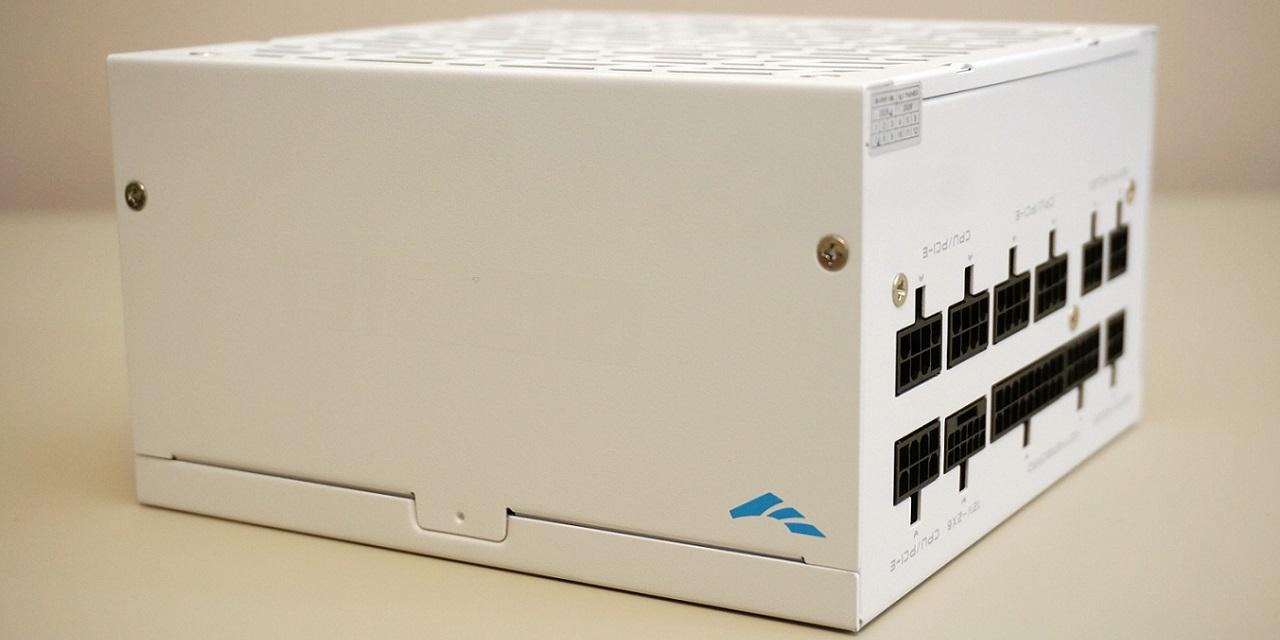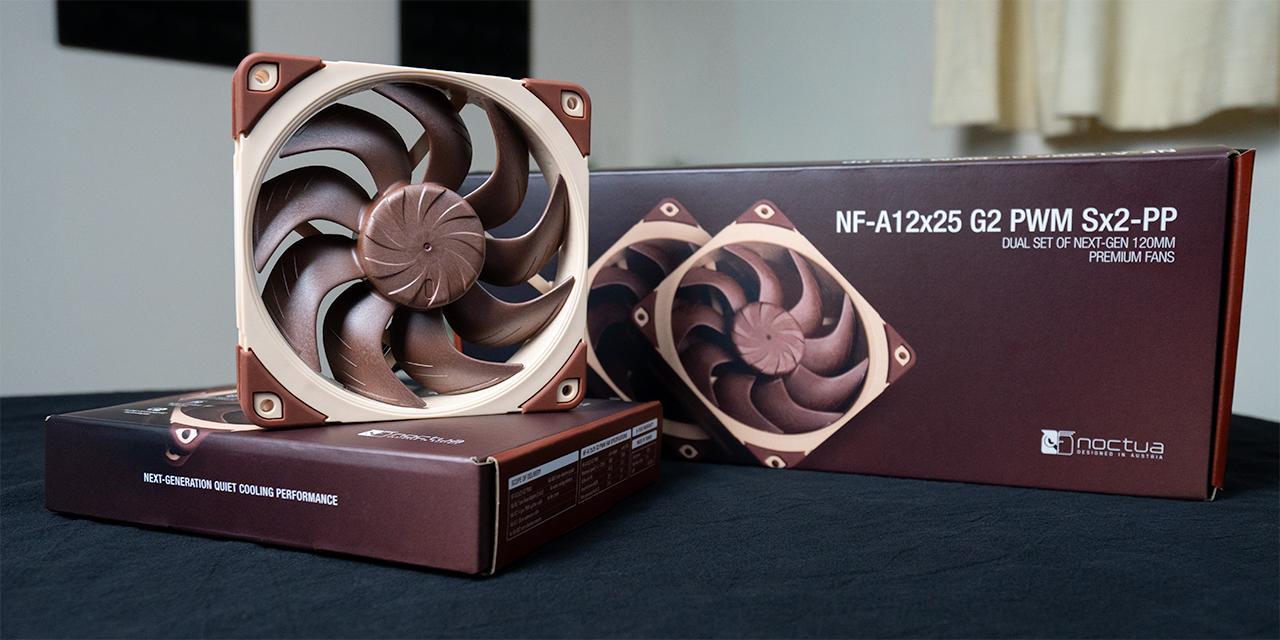From EETimes: A3Cube Inc. has developed a network interface card that uses a variation of PCI Express to create large computer systems with lower latency than InfiniBand. The startup said its Ronnie Express technology in an FPGA implementation is connecting 128 servers with a 100-nanosecond latency.
A3Cube positions its approach as a new way to create high performance computer systems with a single pool of shared memory across CPUs, general-purpose GPUs, and DSPs. The memory pool can be a mix of flash and DRAM. Processors can execute load/store operations across a cluster, using the PCIe Gen 2 variant, it claims.
The startup added to PCIe support at the physical layer for quality-of-service features. It claims the resulting fabric can create a single system image across a cluster of up to 10,000 nodes without congestion.
The resulting systems target a wide variety of technical and business applications. They range from use in genomics, high-frequency trading and oil and gas exploration to real-time analytics for Web companies such as Amazon or Google.
An unnamed chip vendor has agreed to sell merchant parts using the technology now working in FPGAs on prototype systems. It expects to ship two versions of network cards and a 1U switch using its technology before July. Systems makers and datacenter operators in Silicon Valley are evaluating the technology, the startup claims.
A3Cube is keeping its PCIe extensions part of its secret sauce. The approach appears to extend to a cluster of systems existing PCIe root complex and device enumeration capabilities. Ronnie Express includes Linux-based software that automatically discovers and manages system nodes. The approach uses a memory-mapping technique that bypasses the system kernel in a way that existing applications can run without modification, the startup said.
The approach does not work economically with PCIe Gen 3 due to that version's approach to device enumeration. However, the startup does plan a version of Ronnie Express based on PCIe Gen 4, a standard still in development.
View: Article @ Source Site
